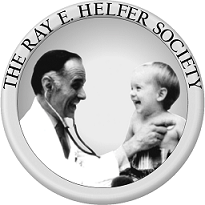Specialty Designation
Fellowship
In same state as program
0
In NHSC or similar underserved area
0
Non-medical career/left country
0
Number of accredited programs
35
Length of accredited training
Minimum number of prior years required
Offers graduate year 1 positions, available immediately upon medical school completion
No
Average number of PY1 interviews
4.00
Percent of programs requiring Step 1 score for interview
12.10
Percent of programs requiring Level 1 score (for DOs) for interview
75.70
Total number of active residents/fellows
Average number of residents/fellows
1.80
Average percent female
80.30
Average percent international medical graduates
7.80
Average percent DOs
27.40
Average number of full-time physician faculty
7.60
Average number of part-time physician faculty
0.40
Average percent female full-time physician faculty
82.80
Average ratio of full-time physician faculty to resident/fellow
4.00
Average hours on duty per week
48.00
Average maximum consecutive hours on duty
16.00
Average days off duty per week
1.60
Average percent of training in hospital outpatient clinics
37.00
Average percent of training in non-hospital ambulatory care community settings
25.00
Average number of days of vacation
20.00
Average resident/fellow compensation
Specialty Overview
Child abuse pediatrics is a subspecialty of pediatrics that focuses on the diagnosis and treatment of child abuse and neglect, collaboration with community agencies on child abuse prevention, provision of expertise in courts of law, and participation in multidisciplinary teams investigating and managing child abuse cases.
Child maltreatment includes physical abuse, sexual abuse, factitious illness (medical child abuse), neglect, and psychological/emotional abuse. Patient care occurs in both the inpatient and outpatient settings. Child abuse pediatricians participate in multidisciplinary collaborative work within the medical, child welfare, law enforcement, and judicial arenas, as well as in a variety of community-based efforts. child abuse pediatricians are often called to provide expert testimony in the court systems. This field offers diverse opportunities for involvement and leadership roles in community, regional and national advocacy, and in prevention efforts and public policy.
